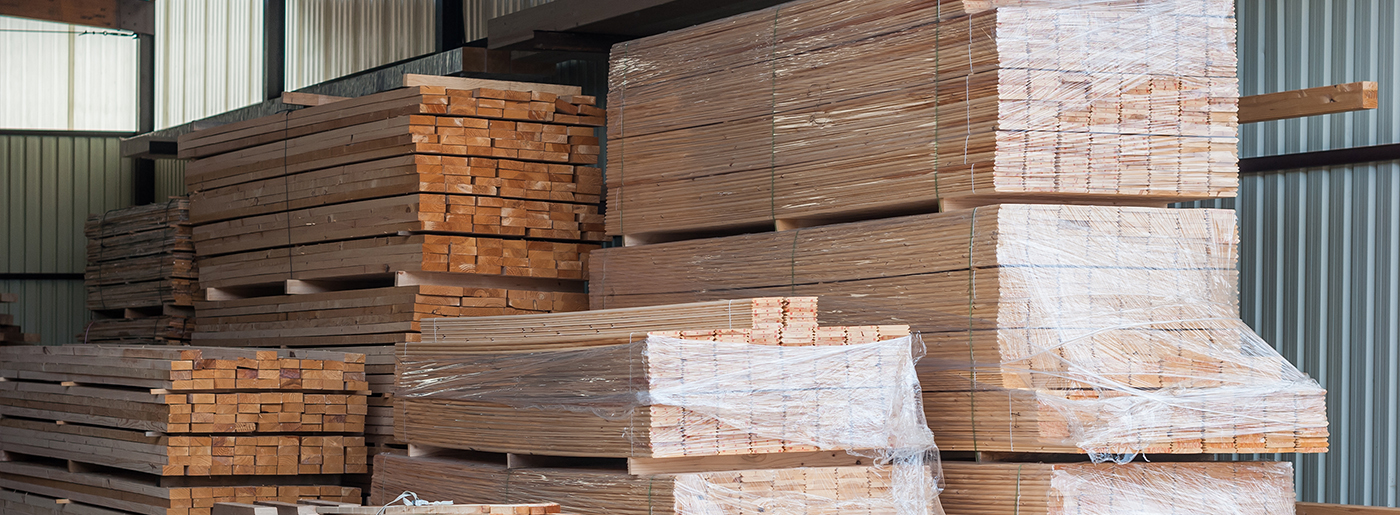“A range of fast-changing economic issues is spurring those in the joinery sector into a rapid strategic evolution”
Businesses in the joinery industry are responding to shifting market demand and trade habits. They’ve also had to deal with severe energy inflation and the resulting cost of living problem, as well as variable raw material pricing and availability. Nonetheless, many are effectively adapting, as evidenced by ongoing new product development and substantial capital expenditure plans. Overall, many of the sector’s biggest players seem to have a positive outlook.
One merchant noted that some shifts in the market were clearly caused by the coronavirus pandemic – particularly the fact that homeowners seem to have exhausted their interest in DIY projects, and brick and mortar retailers are struggling to claw back business they lost to ecommerce firms. He said:
“DIY sales have fallen in value and volume as the pandemic home improvement boom has worked its way out of the system. It produced a massive increase in sales of [our] exterior products as consumers renovated outdoor spaces, but that fell sharply last year and hasn’t returned. Our RMI business via trade merchants is going through changing times too, with the shift from brick and mortar to online retail. Some merchants are ahead of the game in developing their websites to win a slice of the online pie, but with bricks and mortar outlet business down, sales overall are static. It’s an existential challenge for this sector.”
However, he noted that the introduction of the Fire and Building Safety Acts provided a fresh opportunity, and that home developments (a component of the construction industry) was seeing high levels of enthusiasm. Another joinery supplier agreed, saying “Our small to medium sized house and extension builder customers report they’re busy as ever.”
One merchant described how the business had pivoted strategically to adapt to the current climate:
“We predicted domestic business would suffer, so we focused production more on areas with a greater certainty; social housing, public sector and commercial projects. We’re still doing some private residential windows but it’s really diminishing now, while we’re seeing strong sales into education and commercial — for instance, we’re working on a massive new retail centre with timber sliding sashes throughout.”
He also said that the business had altered its product focus, fundamentally altering the balance of window versus fire door production: “Four years ago 10-20% of production was in fire doors. Now, we’re at 65-70%. This guaranteed workflow helps you develop your vision for the business and make decisions about investment and production. It also helps drive efficiency. Now full details of regulatory changes are known and the construction and property sectors are starting to understand what’s expected of them, demand is increasing even faster.”
Of course, joinery enterprises, like other manufacturers, have had to deal with rising energy prices as a result of Russia’s invasion of Ukraine, but they have devised measures to limit the impact on customers. One merchant said it was quoted a six-fold increase when the time came to renew its energy supply contract in 2022. They elaborated:
“We didn’t fix at that price. Instead, we went into a consortium of businesses which enables us to buy energy flexibly and evens out increases. Cost rises we have passed on were largely related to timber prices and shipping costs and these have now softened and we haven’t imposed any further increases since January. For the longer term, we’ve also undertaken major investment in solar panels.”
Another merchant mentioned the increasing attractiveness of sustainable solutions in joinery, saying: “With the general move towards sustainability it’s made our [energy efficient] products more attractive to customers.”
The message coming out of these joinery businesses is simple: sustainability and fire safety doors represent real, long-lasting, opportunities for growth. And while DIY homeowner projects are down, construction is more of a mixed bag, with some bright spots waiting to be exploited. Finally, ecommerce is an ever-present factor in the future of retail – joinery businesses, like all other businesses, should plan accordingly.
If you are looking for the perfect timber for an upcoming project, contact Quercus on 0845 50 50 311. Our friendly team of experienced professionals will be happy to provide you with the benefit of their knowledge, as well as a competitive quote.

